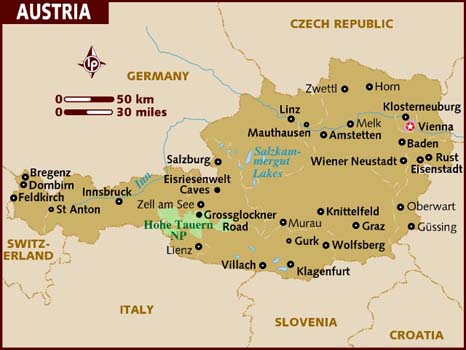I’ve always thought of myself as a linguaphile, that is someone who loves language, learning new languages, and for whom auditory learning has been, over the years, relatively easy. That is, until I met German.
Bill and I have been working on German, via Rosetta Stone and with a native speaker and friend, for about six months now. Our last name, Germanic in origin, has not helped one bit. It has been a formidable task. I mean, French has rules and, there, we are used to assigning gender to nouns via the use of different articles (le, la, un, une). I learned French very easily, and well. (back then) We feel it’s very important to try to not only understand some of the language where we’ll be living but be able to speak some as well. So we started by learning some simple nouns and the three German gender articles: “der” or ‘ein’ (for masculine nouns), “die” or ‘eine’ (for feminine nouns) , and “das” or ‘ein’ (for neutral nouns). “O.K.!” thought I, “Kein problem!”
Wrong! I have never seen a more complex language as German! Not only is there gender for various nouns but the article modifying that noun changes depending on how the noun, or pronoun is used in the sentence! These are known as the ‘cases’ in Deutsch. We know them more affectionately as subject, direct object, indirect object and possessive.
The accusative case is used for the object of the sentence. So, in this case (pun intended) , “der” turns into “den” and “ein” into “einen”. “Die” and “das”, thankfully, remain the same. Enter the dative case, used for the indirect object of the sentence. In the dative case, “der” turns into “dem”, “die” turns into “der” and “das” turns into “dem”. Also, “ein” turns into “einem”, “eine” turns into “einer” and “ein” turns into “einem”. And in the genitive (possessive) case, “der” turns into “des”, “die” turns into “der” and “das” turns into “des”. I won’t even get into the ein/eine mix!
And this is just the nouns! German verbs seem less complicated than the conjugation I remember in high school and college French, but perhaps that’s just wishful remembrance! They do, for the most part, follow a pretty regular group of endings as they shift for the various subjects (I run, you run, he/she runs, we run, etc.) But…there are the verbs that separate and put part of the verb at the end of the sentence. So a sentence like, ‘He finally arrived at home on Friday evening, ‘ would be:
Er kam am Freitagabend endlich zu Hause an .
(or literally)
He -rived on Friday evening finally ar- at home.
Don’t ask me why this is so. It just is!
The beauty of the German language, though, is that with all this precision it is supposed to be very easy to figure out what someone is saying! As our teacher, Herr Professor Will says, ‘it is all contextual!’ “Gut!” say I, as Bill posts yet another index card on the refrigerator (listing the German words for various foods) or places copies of menus, newspapers and bus schedules from Graz into the reading material baskets in our house. What has happened to Audubon and The Smithsonian?
So, our friends who have been to Austria remind us that Austrian German is a little different from standard German. Not only in inflection and accent, but also in the 1000 or so different words that are used! And further, the province of Styria (Steinmark), where Graz is located, has a dialect that is even more pronounced than others. We’re already struggling with Deutsch, and now there is Österreichisches Deutsch?
Well. We’ll do our best. You’ve got to love a language that has no problems making up new nouns by combining old ones. We’ll probably need to know Gepäckaufbewahrungsschein (luggage-up-hold-certificate) = luggage check ticket on our travels but not so sure about Windschutzscheibewaschanlage, as we won’t have a car!
If worse comes to worse, I plan to carry a small pad of paper with me and plenty of pens. I figure all those years of playing Pictionary definitely won’t be wasted! Stay tuned!
Auf Wiedersehen! or as they say in Austria, “Tschüs!”


